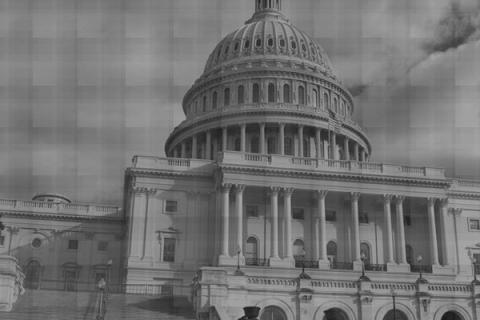Almost a quarter of the 2.3 million allowed to reenter the United States without proper documents came through the state of California, according to a report from the Inspector General of the Department of Homeland Security.
The report states that approximately 500,000 people allowed to reenter the United States into California passed through various entry points without required documents, as well as without going through a second inspection checkpoint to verify their legal ability to reenter the country. Under the Western Hemisphere Travel Initiative that became effective in June of 2009, citizens of the United States, Canada, Bermuda, and Mexico arriving into the United States must produce birth certificates, passports or another form of an acceptable document. But, according to the report from the Inspector General, Customs and Border Protection is not fully enforcing the requirement. The executive summary of the report went further, stating that the agency is not fully prepared to enforce the document requirement at ports of entry of the United States.
These figures come despite the fact that 96 percent of travelers that passed through the busiest land ports were compliant with inspection requirements. The report indicates that non-compliant travelers will do a pretty good job in bringing down the inspection system's efficiency by increasing the agency's workload by 73 percent at the nation's 39 busiest ports of inspection.
Along with the Inspector General's finding that the agency has not yet finalized verification procedures for travelers who are non-compliant with the Western Hemisphere Travel Initiative's requirements, the findings indicate that the resources of the U.S. Department of Homeland Security's agency are stretched thin and also have dire national security implications.
"Until the new travel document requirement is fully enforced, the agency continues to incur risk that persons falsely claiming to be citizens of the United States, Canada, and Bermuda may be admitted to the United States," the report stated.
Coming against the backdrop of immigration reform measures such as the recently defeated Dream Act, the agency's findings are quite compelling because they challenge (by principle) its ability to verify when undocumented immigrants covered under the recently shot down bill actually arrived in the United States.
With the proposal by New York Republican Congressman Peter King to enforce tough legislation to secure the border, the agency's findings are no less harsh. If resources are stretched thin as stated in the report, it appears as if the incoming chairman of the House Homeland Security Committee has his hands full in suggesting a remedy to the problem, especially when the Obama administration is focused on only catching illegal immigrants with criminal records.

